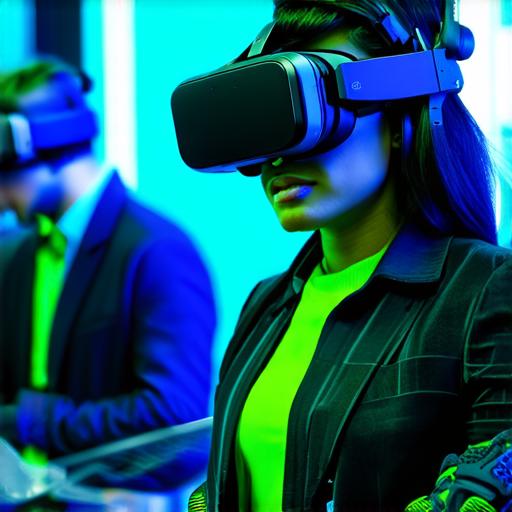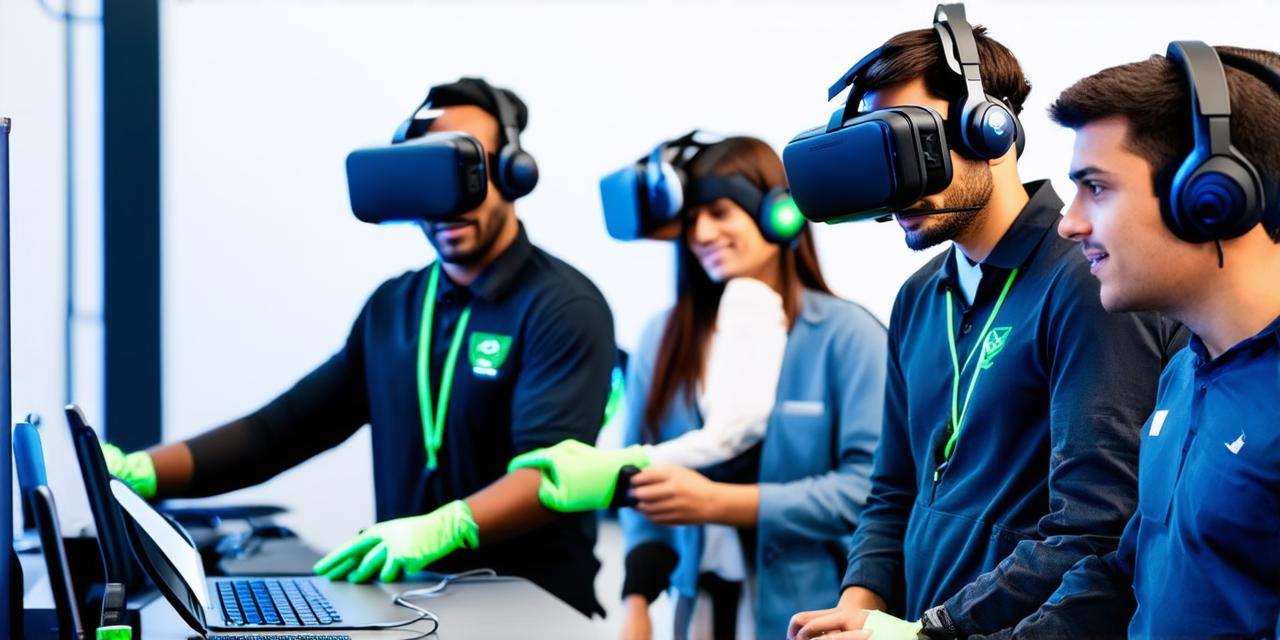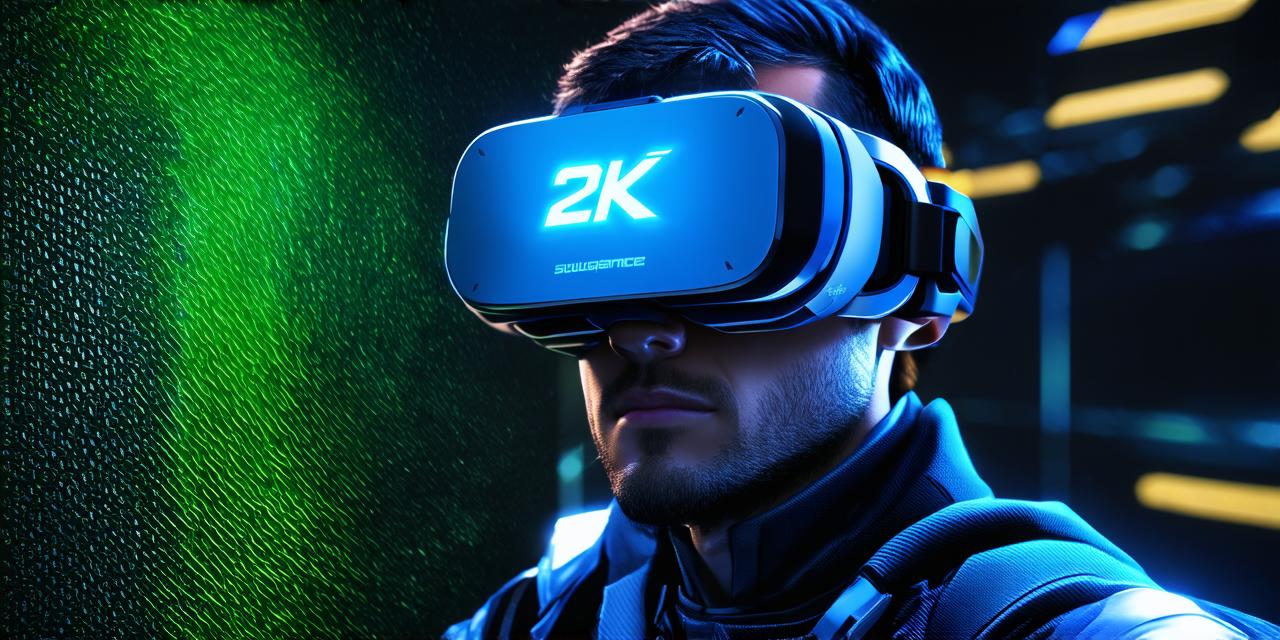Virtual reality (VR) is an exciting field that is rapidly growing in popularity. It involves creating immersive digital experiences that allow people to interact with virtual environments in a way that simulates the real world.
As VR technology continues to advance, there will likely be more job opportunities available for individuals with experience in this area.
In terms of educational background, there are several options available for those who want to pursue a career in virtual reality. The most common route is to obtain a degree in computer science or a related field such as engineering or design. These programs typically include courses in programming, algorithms, data structures, and computer graphics, which are all important skills for VR developers.
Another option for those interested in a career in virtual reality is to pursue a graduate degree in the field. Master’s and PhD programs are available at many universities and research institutions around the world. These programs typically focus on advanced topics such as machine learning, artificial intelligence, and computer vision, which are all essential areas of VR development.
In addition to formal education, some individuals may be able to pursue a career in virtual reality through self-study and hands-on experience. There are many online resources available for VR development, including tutorials, video courses, and open-source software projects. Those who are able to build their own VR experiences and showcase them on platforms such as YouTube or GitHub may be able to attract attention from potential employers.
Ultimately, the educational background required for a career in virtual reality will depend on the specific job you are applying for. Some positions may require a degree or advanced degree, while others may be open to candidates with experience and passion for the field. Regardless of your path, it is important to stay up-to-date with the latest developments in VR technology and continue learning throughout your career.




